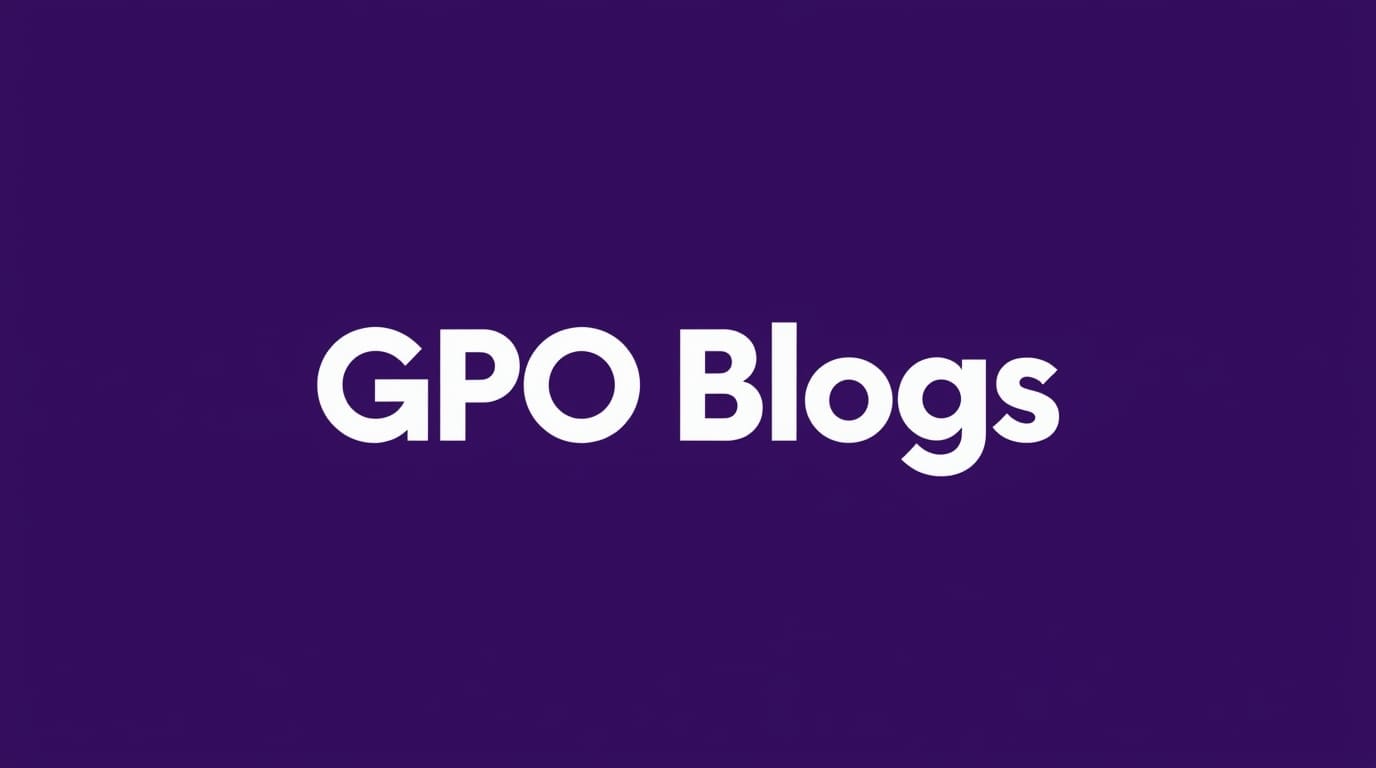The Evolution of Guest Posting: From Simple Backlinks to Strategic Content Partnerships

Guest posting has undergone a dramatic transformation over the past decade, evolving from a simple link-building tactic to a sophisticated content marketing strategy. In the early days of SEO, guest posting was primarily about acquiring backlinks with exact-match anchor text to boost search rankings. Website owners would accept almost any content as long as it included the desired links, and writers would mass-produce generic articles for submission to dozens of sites.
The landscape began changing significantly around 2012 when Google released the Penguin update, specifically targeting manipulative link-building practices including low-quality guest posts. Many websites that had built their SEO strategy around guest posting saw dramatic ranking drops overnight. This marked the beginning of a new era where quality and relevance became paramount.
As search algorithms continued to evolve, guest posting shifted from a purely transactional activity to a value-driven content partnership. Today's successful guest posters focus on creating genuinely helpful content that serves the host site's audience rather than simply inserting links. The most effective guest posts read as if they were written by regular contributors to the publication, with natural integration of any relevant links.
Modern guest posting requires thorough research to understand each publication's audience, tone, and content standards. Writers now spend significant time analyzing a site's existing content before pitching, ensuring their proposed topic fills a genuine gap in the publication's coverage. The focus has shifted from quantity to quality, with successful practitioners prioritizing a few high-impact placements on authoritative sites over numerous low-quality submissions.
This evolution has benefited both content creators and website owners. For publishers, guest posts now represent opportunities to bring fresh perspectives to their audience without increasing their internal content workload. For writers, guest posting has become a legitimate way to build authority, reach new audiences, and establish valuable professional relationships.
The most successful guest posters today approach each opportunity as a potential long-term partnership rather than a one-off transaction. They engage with the publication's content before and after their post appears, building genuine relationships with editors and contributing to community discussions. This approach not only increases acceptance rates but also creates opportunities for repeat collaborations and expanded visibility.
Quality guest posts now typically include original research, unique insights, and actionable advice that aligns with both the writer's expertise and the publication's editorial standards. The best examples provide so much value that readers seek out the author's other work without needing a promotional push.
As search algorithms continue prioritizing user experience and content quality, guest posting has matured into a legitimate content marketing channel rather than a SEO loophole. The most effective practitioners understand that successful guest posting requires the same level of care and strategy as producing content for their own site.
This evolution represents a positive development for the entire digital marketing ecosystem. By focusing on genuine value creation rather than manipulation, guest posting has become a sustainable practice that benefits all parties involved - readers get high-quality content, publishers expand their content offerings, and writers build authentic authority and reach.
The future of guest posting lies in increasingly strategic partnerships where content creators and publishers collaborate to serve their shared audiences with exceptional content that stands on its own merit, with SEO benefits as a natural byproduct rather than the primary goal.
Sarah Chen is an SEO strategist and founder of ContentAuthority Labs. With 12+ years in semantic SEO and expert backlink building, she has delivered 800+ sponsored and guest-posting projects that grew durable authority and demand for 200+ businesses. Her research on contextual consolidation merging overlapping pages to concentrate topical relevance has appeared in Search Engine Journal and other SEO publications. She speaks at industry events and mentors in-house teams and emerging SEOs.